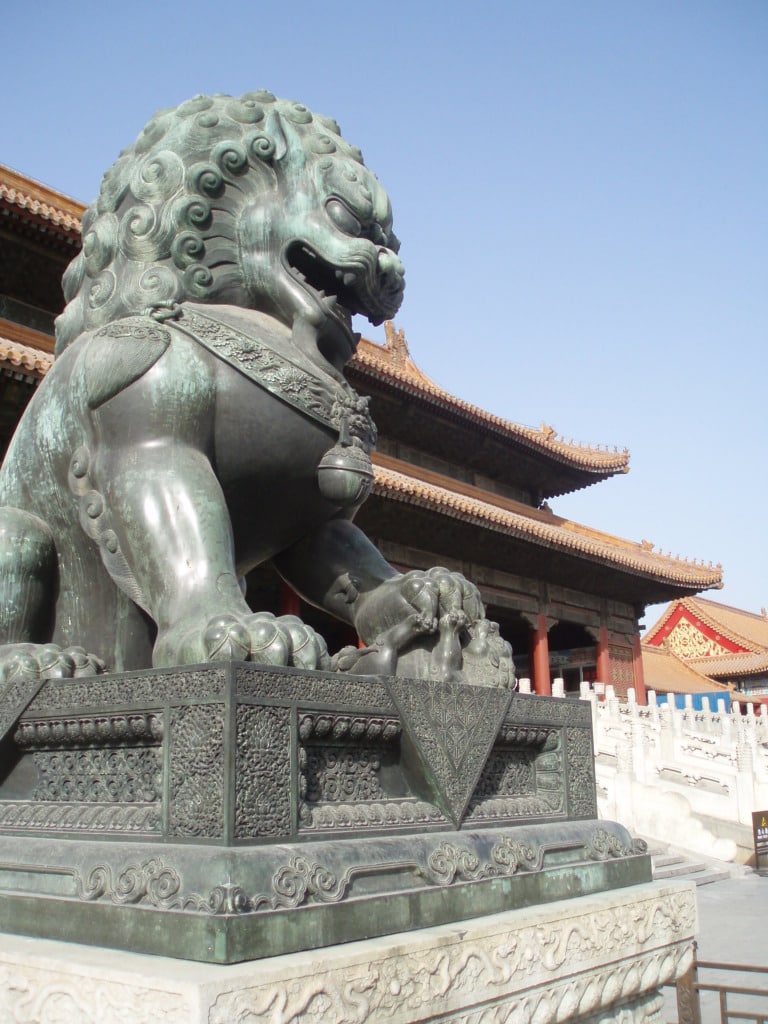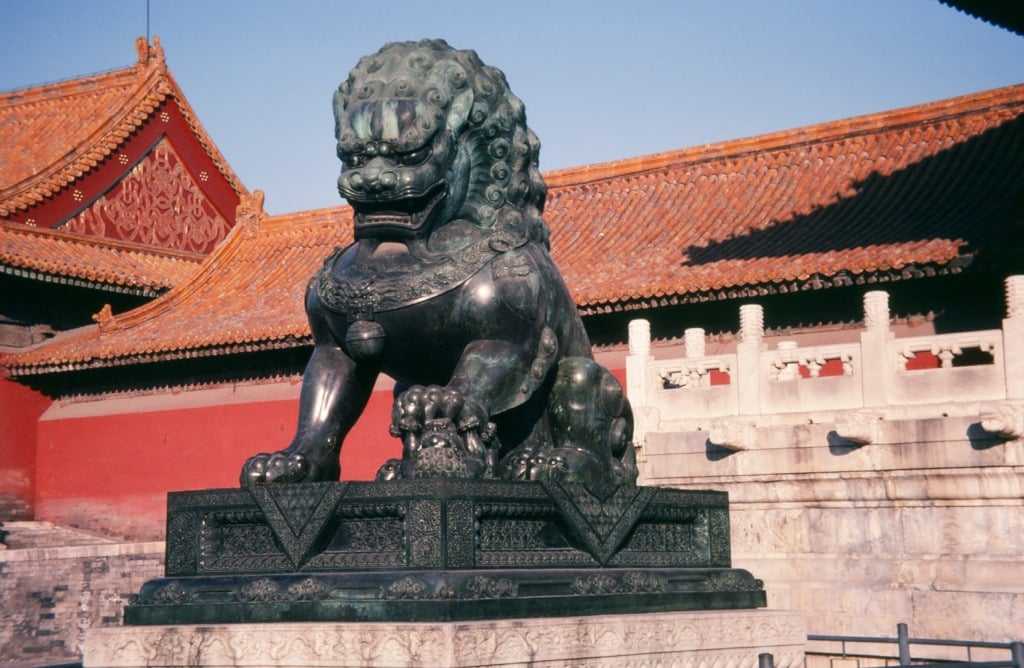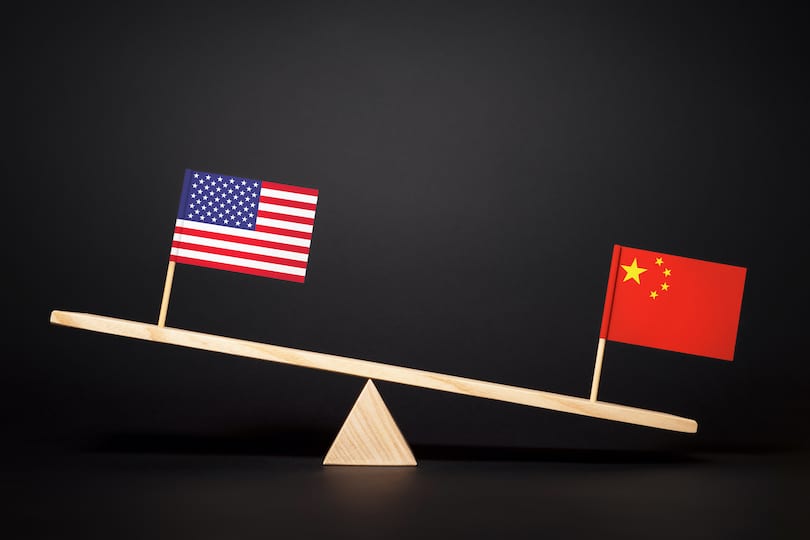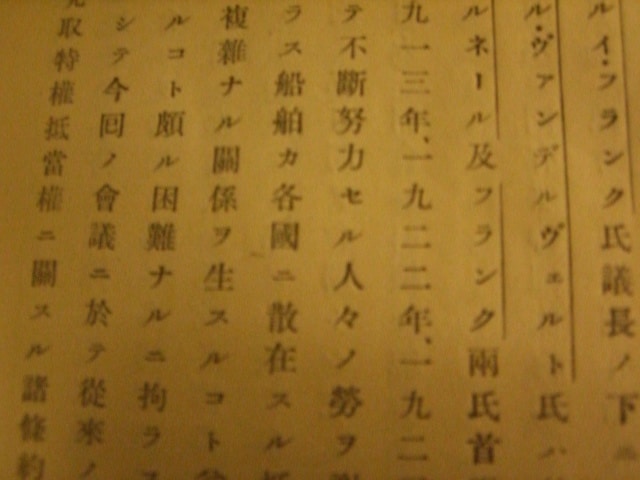China’s New Foreign State Immunity Law: Some Foreign Relations Aspects
On September 1, 2023, the Standing Committee of China’s National People’s Congress (NPC Standing Committee) passed the Law of the People’s Republic of China on Foreign State Immunity (FSIL) (English translation here). The FSIL will enter into force on January 1, 2024. This law heralds a fundamental shift of China’s attitude towards foreign state immunity,…
Continue ReadingHow to Criticize U.S. Extraterritorial Jurisdiction (Part II)
[This post is based on a lecture delivered at Wuhan University School of Law on October 15, 2023] There are better and worse ways to criticize U.S. extraterritorial jurisdiction. In yesterday’s post, I discussed some shortcomings of a February 2023 report by China’s Ministry of Foreign Affairs, “The U.S. Willful Practice of Long-arm Jurisdiction and…
Continue ReadingHow to Criticize U.S. Extraterritorial Jurisdiction (Part I)
[This post is based on a lecture delivered at Wuhan University School of Law on October 15, 2023] China has been critical of U.S. extraterritorial jurisdiction. In February, China’s Ministry of Foreign Affairs issued a report entitled “The U.S. Willful Practice of Long-arm Jurisdiction and its Perils.” In the report, the Ministry complained about U.S….
Continue ReadingOptionality in Choice of Law
Choice-of-law clauses are sometimes described as tools for reducing legal uncertainty. This characterization, while correct, is incomplete. In cases where the suit is brought in a jurisdiction other than the one named in the choice-of-law clause, it is sometimes more accurate to think of the clause as an option. Either litigant may, if it so…
Continue ReadingChina Adopts Restrictive Theory of Foreign State Immunity
On September 1, 2023, the Standing Committee of the National People’s Congress promulgated the Foreign State Immunity Law of the People’s Republic of China (FSIL) (English translation here). When the law enters into force on January 1, 2024, China will join those countries—a clear majority—that have adopted the restrictive theory of foreign state immunity. For…
Continue ReadingJia on the U.S.- China Rivalry
Mark Jia has posted an interesting new article on SSRN, American Law in the New Global Conflict. It considers how China has shaped U.S. law historically and how the current rivalry between the U.S. and China will play out for domestic law. The history is fascinating. It discusses not only the racist and xenophobic Chinese…
Continue ReadingNinth Circuit Applies New Supreme Court Interpretation of RICO’s Geographic Scope
On August 11, 2023, the Ninth Circuit became the first lower court to apply the new test for “domestic injury” under RICO that the Supreme Court announced in Yegiazaryan v. Smagin (2023). In Global Master International Group, Inc. v. Esmond Natural, Inc., the Ninth Circuit held that a Chinese company stated a valid civil RICO…
Continue ReadingEnforcing U.S. Securities Judgments Against Chinese Companies
Robin Hui Huang and Weixia Gu have an interesting paper up on SSRN about enforcing foreign securities judgments in China. In China’s Recognition and Enforcement of Foreign Securities Judgments Against Overseas-Listed Chinese Companies, they note that private securities litigation against Chinese companies in U.S. courts is increasing. But most Chinese companies listed in the United…
Continue ReadingThe Homeward Trend in Chinese Choice-of-Law Cases
One of the characteristics of transnational litigation is that there is generally more than one forum in which the suit may be brought. Although TLB focuses primarily on transnational litigation in U.S. courts, it can sometimes be useful to look at what is going on in other systems where litigation might instead be filed. A…
Continue ReadingFurther Developments in Smart Study
TLB has been following Smart Study v. Happy Party-001, a Chinese counterfeiting case in the Southern District of New York, since Judge Gregory Woods issued his thoughtful opinion last summer concluding that service by email on Chinese defendants is not permitted by the Hague Service Convention (a decision we covered in a prior blog post)….
Continue Reading







